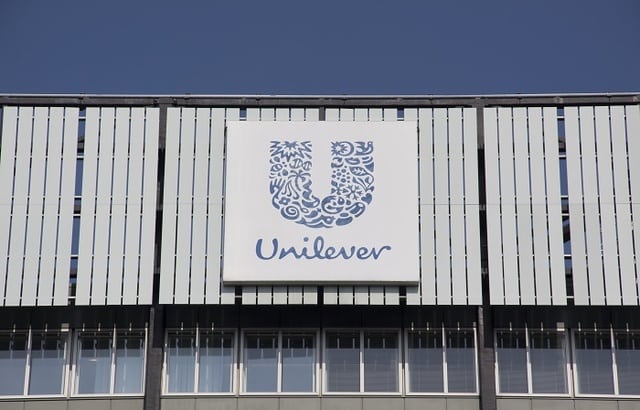Shares in the consumer goods giant, which some have argued are trading at a premium, opened some 3% lower on Thursday at £44.15p, as the UK equity income favourite failed to match consensus expectations for growth.
Its share price has risen by over 25% in the last 12-months.
The share price wobble follows what Helal Miah, investment research analyst at The Share Centre called “a fairly disappointing set of Q3 numbers”.
Underlying group sales of 2.8% fell short of consensus expectations of 3.9% growth, made worse by the fact that volume growth was only 0.2%, “suggesting most of the growth came from price increases,” said Miah.
The group’s total turnover at the end of the third quarter also fell short of the previous year at €13.2bn versus €13.4bn.
Its sales in developed markets were particularly lacklustre, with underlying sales growth down 2.3% and 2.9% lower in North America.
“Unilever’s highly-rated shares have come off the boil as bad weather affected sales of its Magnum and Ben & Jerry’s ice creams in Europe during the third-quarter, while hurricanes in Florida and Texas held back the Americas,” said Lee Wild, head of equity strategy at Interactive Investor.
But he pointed out that the group’s 6.3% underlying sales growth in emerging markets and higher volumes were positive takeaways from the trading statement.
“With just a few months of the financial year left, annual group underlying sales are still expected to grow 3-5% and profit margins improve,” he said.
“This is one poor quarter for a company that has delivered consistently for a long time,” Miah agreed.
“We believe the longer-term drivers of growth, in the shape of the emerging markets, will set the company up for sustained growth and we continue to recommend Unilever as a ‘buy’ for lower risk investors with a balanced portfolio.”
CEO Paul Polman said in a statement that “the transformation of Unilever into a more resilient, more competitive and more profitable business continues and we are making good progress against the strategic objectives we have set out for 2020”.
The firm’s “connected 4 Growth” initiative has helped sharpen the consumer goods firm in its response times to fast-changing consumer trends, according to Polman, and its savings programmes has freed it up to pursue new growth opportunities.
“We expect to reap the benefits over the coming quarters,” he said.
Unilever will pay a quarterly dividend of £0.32p per share.
Schroders also released a trading statement on Thursday, posting growth across each of its core businesses in the third quarter.
Its retail fund arm accounted for the bulk of the group’s total assets under management, standing at £375.5bn by the end of September, up 8% from £346.4bn at the beginning of the year.













